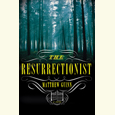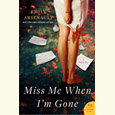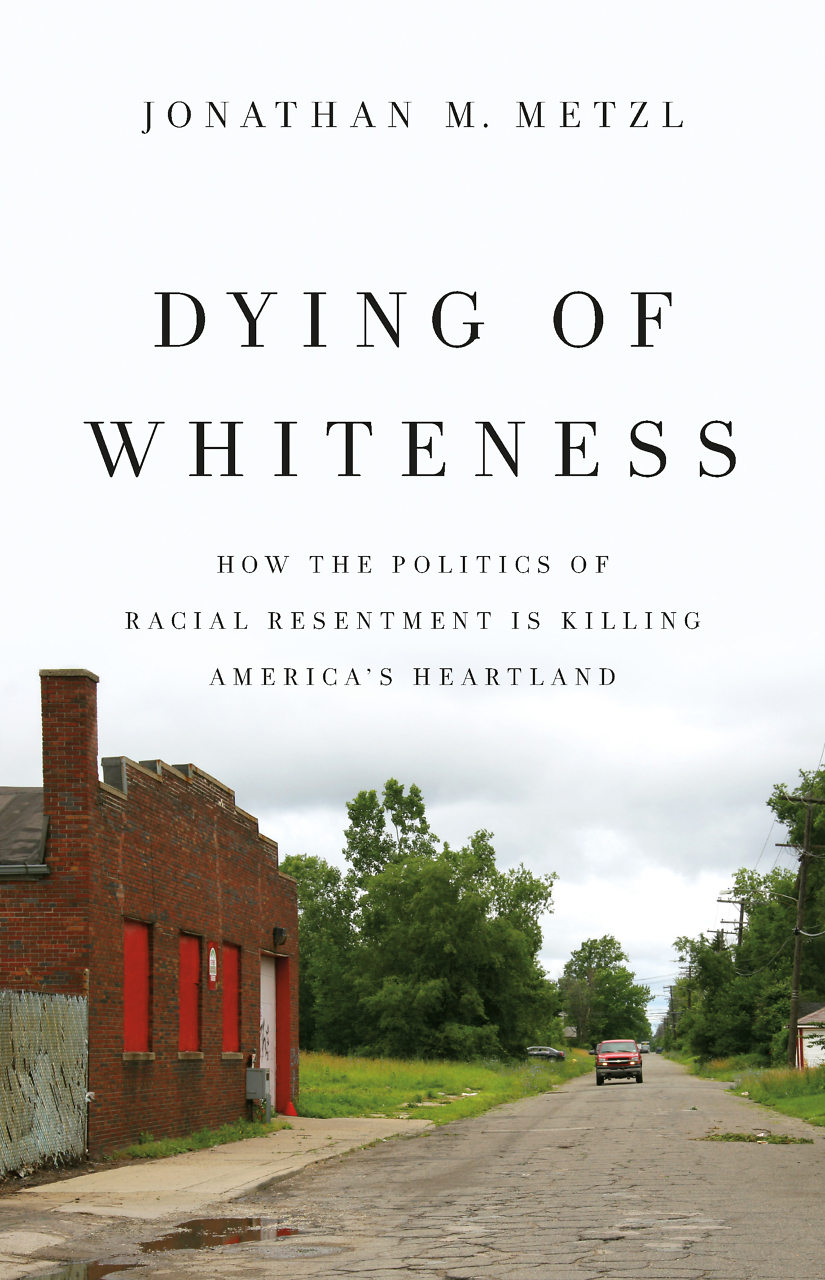A Light on in the Mica Windows
Joy Harjo’s Poet Warrior illuminates her journey with words
FROM THE CHAPTER 16 ARCHIVE: This review originally appeared on September 7, 2021.
***
Near the beginning of Poet Warrior: A Memoir, Joy Harjo recalls her ability as a small child to leave her body at night.
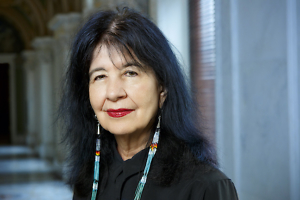
Rising up, she would see herself wrapped in a blanket on her small cot, then move through the wall to see her father sleeping beneath a chenille bedspread. After visiting various dog friends around her neighborhood near Tulsa, Oklahoma, she would go “to lands far away, and ancient times in those lands.” Sometimes, she visited the Old Ones of her people in the Muscogee (Creek) Nation, one of the Native tribes forcibly moved to Indian Territory (now Oklahoma) on the Trail of Tears.
At breakfast, Harjo would tell her mother about her nighttime adventures.
“You have quite the imagination, baby,” her mother would say.
“It really happened; it was not just a dream,” she countered, aware of the “frustrating gap between the earthly childmind and the mind not bound by time or space.”
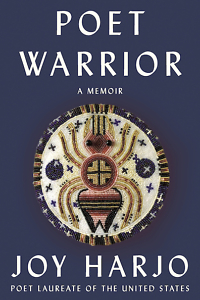 Similar fluid movements between past and present, geography and genre recur in Poet Warrior, the second memoir by Harjo, who held the Hodges Chair of Excellence in the University of Tennessee, Knoxville’s English department before becoming Poet Laureate of the United States in 2019. (She is now serving a rare third term.) Like her first, Crazy Brave, Poet Warrior is a memoir about becoming. But whereas Crazy Brave is a coming-of-age story, this new book describes Harjo’s coming into herself as a poet, or as she puts it, the journey from “Girl Warrior” to “Poet Warrior.”
Similar fluid movements between past and present, geography and genre recur in Poet Warrior, the second memoir by Harjo, who held the Hodges Chair of Excellence in the University of Tennessee, Knoxville’s English department before becoming Poet Laureate of the United States in 2019. (She is now serving a rare third term.) Like her first, Crazy Brave, Poet Warrior is a memoir about becoming. But whereas Crazy Brave is a coming-of-age story, this new book describes Harjo’s coming into herself as a poet, or as she puts it, the journey from “Girl Warrior” to “Poet Warrior.”
The journey involves ordinary events — escaping her abusive stepfather and discovering her love for art at the Institute of American Indian Arts in New Mexico, becoming a mother in her teens, giving up pre-med to embrace poetry in college, and experiencing happiness and heartbreak in relationships and jobs. She narrates these events in plainspoken prose. “I am writing in an apartment in downtown Tulsa,” she tells us at one point, her lack of constructed persona noteworthy.
But the truer journey is her internal one, recounted in poetry woven throughout. Always in third person, the poetry is richly informed by the Old Ones and by intuition, which she calls “the knowing.”
The Old Ones opened the ears of Girl Warrior
Tempering the frequency before she left
On her mission.
We are sending you, they said,
To learn how to listen.
She does listen, both to living relatives and to the dead who accompany her as she works. “A family is essentially a field of stories, each intricately connected,” she writes. “Death does not sever the connection; rather, the story expands as it continues inter-dimensionally.” Through this awareness, she braids her own story of a modern Native woman into the richer context of Native history.
In some ways, Poet Warrior revisits material covered in Crazy Brave but with greater attention to her journey with words. Unsurprisingly, she liked their sounds as a toddler, repeating them before understanding meaning: “aggravate,” “tomato,” “robin.” Sometimes she repeated her father’s coarser language, which did not make him happy, so again she learned outward silence. True communication took place within.
Girl Warrior was lonely
For the poetry-talk of the Old Ones.
They spoke in metaphor,
A way of language that alerted her imagination
To the presence of mystery
Where there was always a light on in the mica windows
Of her soul’s house
Poet Warrior makes clear that Harjo’s life has not been easy. She regrets those times she did not follow “the knowing.” As a single mother in her 20s, trying to make a living as a poet, she had little money, though her children “were slick otters of joy.” And she is frank about difficulties she encountered as a Native woman in academia, where one department head called her a “primitive poet.”
Still, she sticks to her truth, and it’s worth noting that Harjo’s dead are as frank as she is. “Too many words,” she once heard a sixth great-grandfather remark. Another ancestor asked, “What is it with you and all these English words?” Apparently she agrees. In the book’s back matter, she notes that she resisted having to italicize words in Mvskoke and considered italicizing English words instead. (She also dislikes the term “Native American,” which came out of academia, and prefers “Indigenous” or “Native.”)
Poet Warrior is a wise book and an inviting one. While some writers might fetishize otherworldly experiences as mystical, it’s their ordinariness in Harjo’s memoir that drew me in. They gave her strength to follow words. “Writing was my portal to grace,” she writes, “an opening in which I could hear my ancestors speaking, in which I knew we were cared for no matter my inadequacies or failings.”
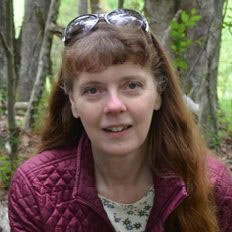
Originally from Oklahoma, Jane Marcellus is a writer whose published work includes literary nonfiction, critical analysis, and journalism. Her work was listed as “Notable” in Best American Essays 2018, 2019, and 2020. She is a professor at Middle Tennessee State University.
